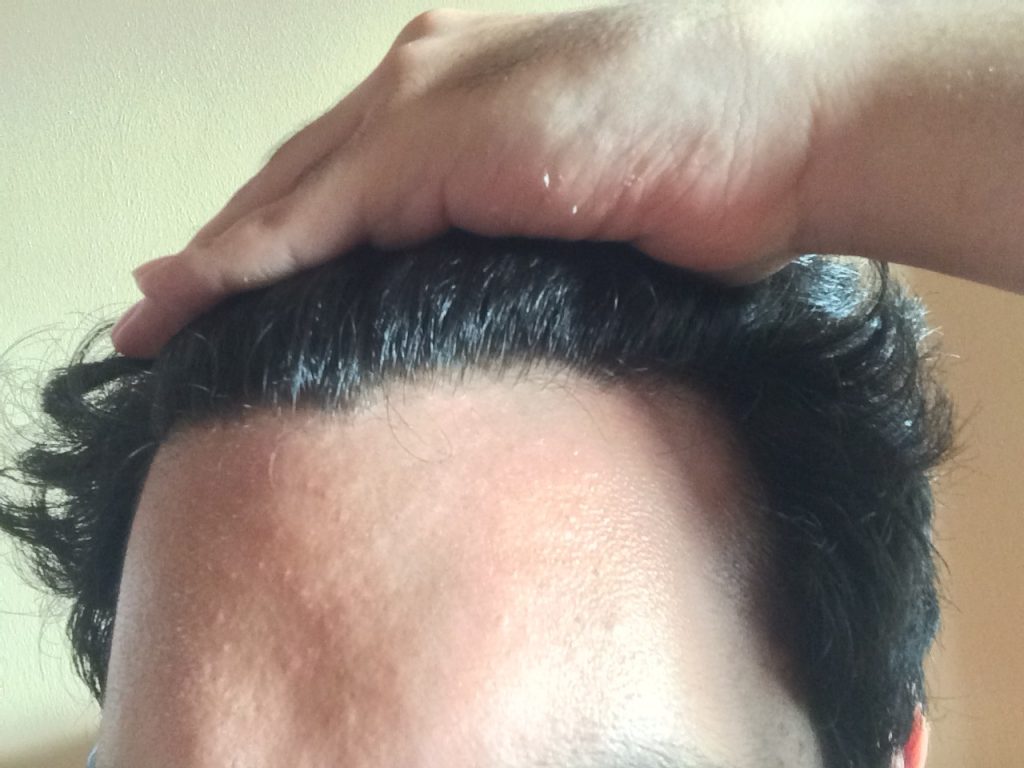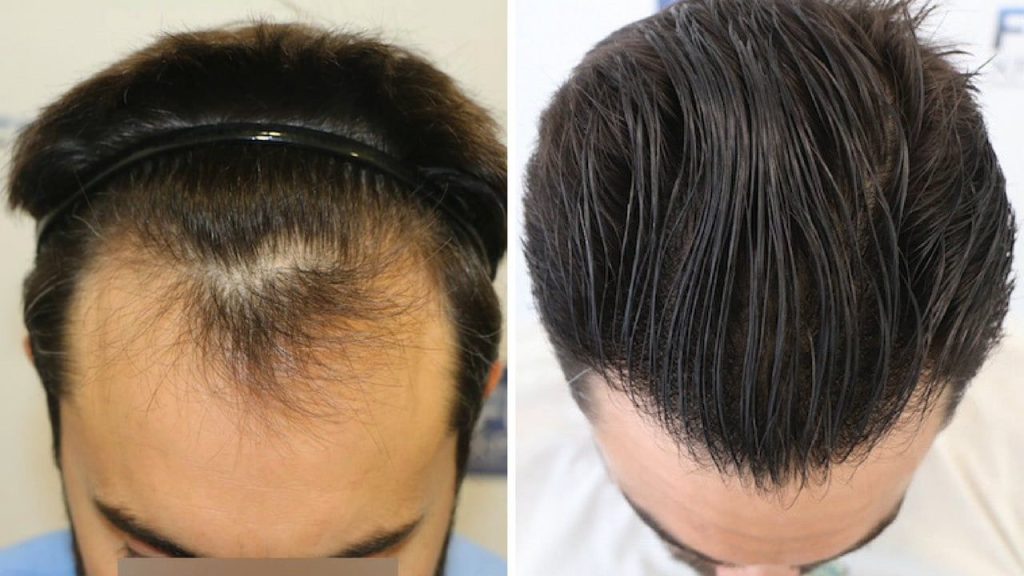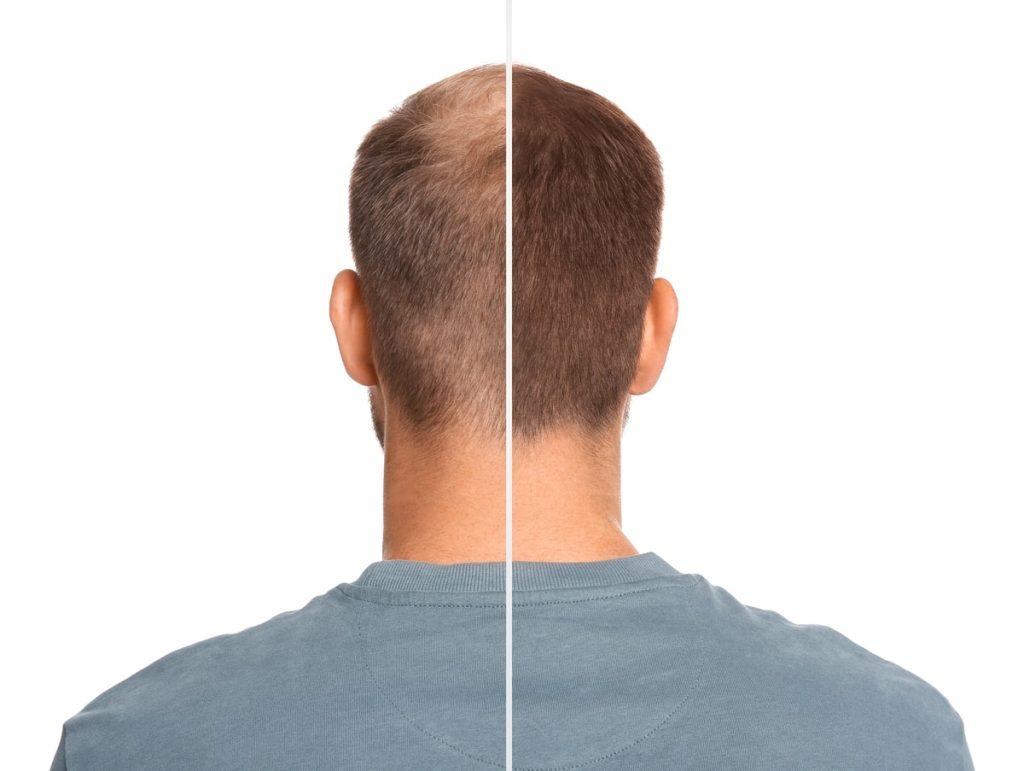Are you struggling with thinning hair and looking for ways to increase Hair Density? Hair transplant may be the solution you’ve been searching for. Not only does it offer a permanent solution to hair loss, but it also helps to increase Hair Density effectively. In this article, we will explore the benefits of a hair transplant in improving Hair Density and restoring a fuller, thicker head of hair. Whether you’re looking for Hair Density tips, techniques, or the best Hair Density products, a hair transplant can provide long-lasting results and natural Hair Density remedies.
What factors can influence hair density?

There are several factors that can influence the density of hair. These factors include:
- Genetics: Genetic predisposition plays a crucial role in determining hair density. Individuals with a family history of thin hair are more likely to have lower hair density.
- Nutrition: A balanced diet rich in essential nutrients such as protein, vitamins, and minerals is vital for maintaining optimal hair density.
- Hormonal Imbalance: Hormonal changes, especially during puberty, pregnancy, and menopause, can impact hair density.
- Hair Care Practices: Overuse of heat styling tools, chemical treatments, and harsh hair products can lead to hair damage and reduced density.
- Stress: Chronic stress can disrupt the hair growth cycle and contribute to hair thinning and loss.
Hair Density tips
There are various ways to increase hair density, including:
- Ensuring a nutrient-rich diet
- Using products designed to promote hair growth
- Minimizing heat and chemical damage
- Managing stress levels
Hair Density solutions
For individuals concerned about hair density, seeking professional advice from a dermatologist or trichologist can provide personalized solutions and treatment options.
What Exactly is High Density Transplant, and How is it Determined?

High Density Transplant refers to a hair transplant procedure that aims to achieve a high density of hair follicles in the treated area. This procedure is determined based on the patient’s specific needs and the capability of the donor area to provide adequate hair follicles for transplantation. The determination of high density transplant involves evaluating the patient’s hair loss pattern, hair characteristics, and scalp condition to create a comprehensive treatment plan.
The Factors That Determine High Density Transplant
High Density Transplant is determined by considering various factors, including:
| 1. Hair Loss Pattern | 2. Donor Area’s Hair Follicle Availability | 3. Scalp Condition |
|---|---|---|
| Determining the extent and nature of hair loss helps in planning the distribution of hair follicles for high density transplant. | The donor area’s capacity to provide a sufficient number of hair follicles is crucial in achieving high density transplant results. | Assessing the scalp’s health and elasticity is essential to ensure the success of high density transplant. |
By considering these key factors, hair transplant specialists can determine the most suitable approach for achieving high density transplant that meets the patient’s expectations and results in natural-looking, dense hair growth.
What Treatments can be used to Increase Hair Density?
When it comes to increasing hair density, there are several treatments and remedies that can be used to promote thicker and fuller hair. One of the most effective treatments is using essential oils such as rosemary, cedarwood, and peppermint oil. These oils can help stimulate the hair follicles and promote new hair growth.
Another popular treatment for increasing hair density is scalp massage. Massaging the scalp can help improve blood circulation to the hair follicles, resulting in increased hair density over time.
Additionally, incorporating a balanced diet rich in vitamins and minerals, as well as using products specifically designed to promote hair growth, can also contribute to achieving greater hair density.
What is Required for a Good Result with Hair Density After a Hair Transplant?

After undergoing a hair transplant, achieving a natural and satisfactory hair density is the ultimate goal for patients. There are several factors that play a crucial role in determining the success of the procedure.
Proper Post-Operative Care
Following the instructions provided by the hair transplant surgeon is crucial in ensuring successful results. This includes regular scalp washing, avoiding strenuous activities, and taking prescribed medications.
Healthy Lifestyle and Diet
Consuming a balanced diet rich in essential nutrients and maintaining a healthy lifestyle can greatly contribute to the growth and density of transplanted hair follicles.
Quality of the Donor Hair
The quality of the donor hair extracted for the transplant plays a significant role in determining the final density. It is important to utilize strong and healthy hair follicles for optimal results.
Personalized Treatment Plan
Each individual’s case is unique, and a personalized treatment plan tailored to the specific needs and expectations of the patient is essential for a successful outcome.
Patience and Commitment
Patience is key as the full results of a hair transplant, including the desired density, may take several months to become apparent. Commitment to the post-operative care and follow-up appointments is necessary for the best outcome.
Can a second hair transplant increase density?
Many individuals who have undergone a hair transplant may find that the density they desired was not achieved with just one procedure. In such cases, a second hair transplant can indeed increase density. By carefully assessing the scalp and the donor area, a skilled surgeon can strategically place additional grafts to fill in any gaps and create a fuller, denser appearance.
Factors to consider
Before opting for a second hair transplant for increased density, it is crucial to consider the overall health of the scalp, the availability of donor hair, and the expertise of the surgeon. Additionally, realistic expectations and proper post-operative care play a significant role in the success of a second hair transplant procedure.
Ultimately, with proper evaluation and planning, a second hair transplant can effectively increase density and provide individuals with the desired results.
Frequently Asked Questions
What factors can affect hair density?
Factors such as genetics, age, hormonal changes, and certain medical conditions can affect hair density.
Is hair density the same as hair thickness?
No, hair density refers to the number of hair follicles per square inch on the scalp, while hair thickness refers to the diameter of individual hair strands.
Can hair density be improved?
While you cannot change your genetic predisposition for hair density, certain hair care practices and treatments can help improve the appearance of hair density.
What are some common causes of hair thinning and loss of density?
Common causes include hereditary hair loss, hormonal imbalances, stress, poor nutrition, and certain medical conditions.
Are there any effective treatments for increasing hair density?
Treatments such as minoxidil, laser therapy, and hair transplant surgery have been shown to help increase hair density in some individuals.
